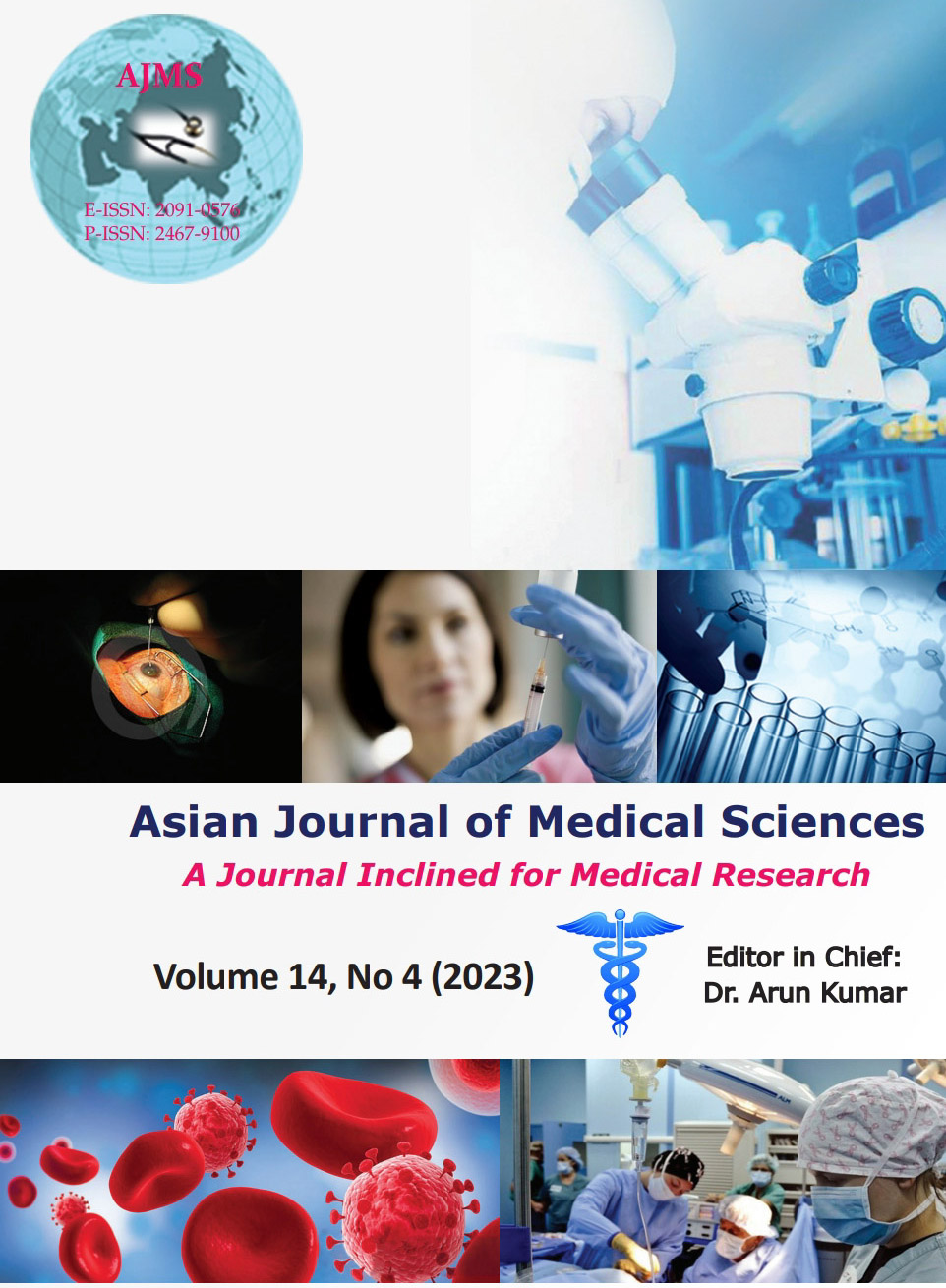Auditory perception in adult hearing aid users with and without auditory training - A comparative study
Keywords:
Age-related hearing loss; Hearing aid; Auditory perception; Auditory trainingAbstract
Background: Individuals with sensorineural hearing loss can regain some lost auditory function with the help of hearing aids, but it may be insufficient under non – optimal condition. Future research aspect lies in processing strategy and training to enhance effects of auditory training and rehabilitation of patients using hearing aids. So research is done to supplement the rehabilitation process with patient centric education, counseling and auditory training to help the listener compensate for loss of auditory signal and improve communication. Whether age-related hearing loss can be decreased by auditory training along with hearing aid is to be researched as it is not clear from previous scientific works whether the outcome is significantly better than those with hearing aid who have not received training.
Aims and Objectives: The aim of the study was to determine the role of auditory training for improvement of auditory perception in aged patients with age-related sensorineural hearing loss using binaural hearing aid.
Materials and Methods: This prospective observational study was conducted in Otorhinolaryngology department of Burdwan Medical College and Hospital, Burdwan, a rural based tertiary care hospital in Burdwan for 2 months from June 2022 to July 2022 and 50 aged patients with audiologically proven age related sensorineural hearing loss using hearing aid were included in this study after through history taking and meticulous clinical examination after getting institutional ethics committee clearance. Patients were divided in two groups, 25 in experimental group (with auditory training) and 25 in control group (without auditory training) and result was analyzed.
Results: Formal auditory training was able to improve the central auditory skills of hearing aid users. Improvement was noted in an objective neurophysiologic correlate and perceived by patients, as revealed in a self-assessment questionnaire.
Conclusion: Formal auditory training in adult hearing aid users promotes: Improvement in auditory skills for sound localization, memory for nonverbal sounds in sequence, auditory closure, and figure-to-ground for verbal sounds. Greater benefits with hearing aids in reverberant and noisy environments.
Downloads
Downloads
Published
How to Cite
Issue
Section
License
Copyright (c) 2023 Asian Journal of Medical Sciences

This work is licensed under a Creative Commons Attribution-NonCommercial 4.0 International License.
Authors who publish with this journal agree to the following terms:
- The journal holds copyright and publishes the work under a Creative Commons CC-BY-NC license that permits use, distribution and reprduction in any medium, provided the original work is properly cited and is not used for commercial purposes. The journal should be recognised as the original publisher of this work.
- Authors are able to enter into separate, additional contractual arrangements for the non-exclusive distribution of the journal's published version of the work (e.g., post it to an institutional repository or publish it in a book), with an acknowledgement of its initial publication in this journal.
- Authors are permitted and encouraged to post their work online (e.g., in institutional repositories or on their website) prior to and during the submission process, as it can lead to productive exchanges, as well as earlier and greater citation of published work (See The Effect of Open Access).




